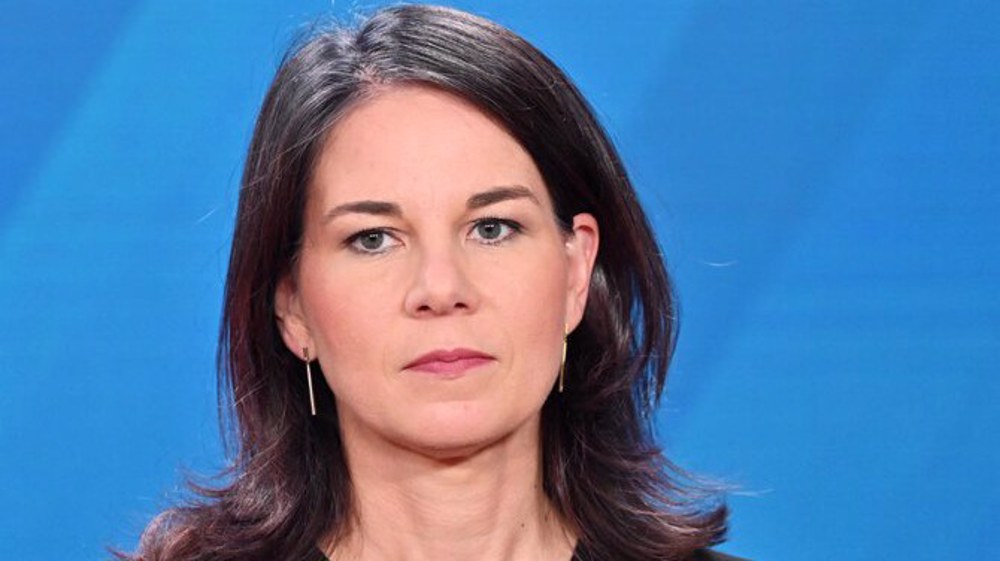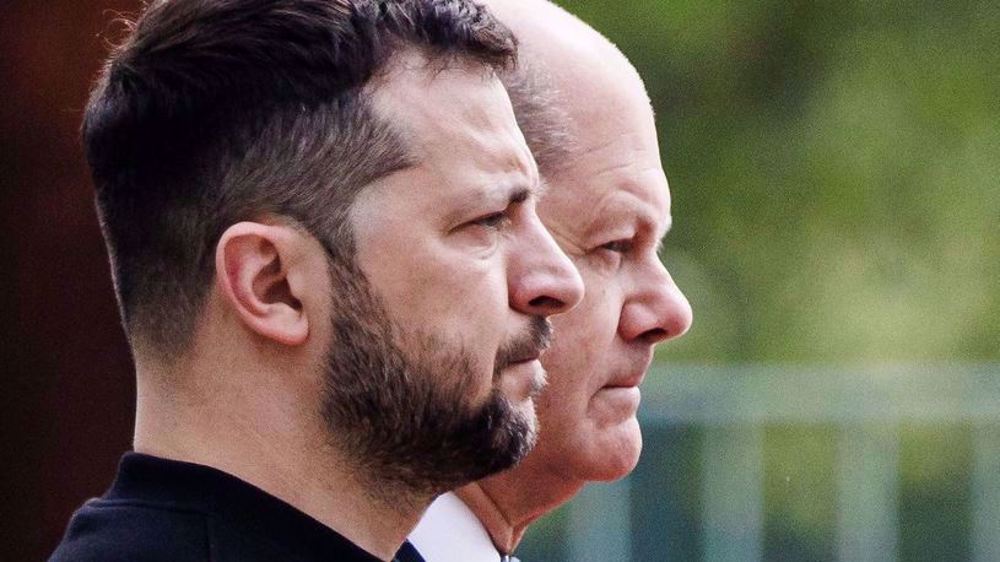No basis for talks with Turkey after coup: German FM
The German foreign minister says Berlin-Ankara ties have become so strained after the failed military coup in Turkey that there is virtually “no basis” for negotiations between the two sides.
Frank-Walter Steinmeier said Thursday that the government in Berlin has serious concerns about mass arrests that have been carried out by Ankara after the thwarted coup on July 15.
“We are talking with each other like emissaries from two different planets. There is essentially no basis for understanding ... no basis for discussions,” the top German diplomat said.
So far, tens of thousands have been sacked, suspended or detained as part of the government crackdown on the coup plotters and those linked to Fethullah Gulen, a US-based opposition cleric blamed by Ankara for the coup attempt.
In return, Turkey says Germany has not taken the coup attempt seriously. The Ankara government has also been angered by media reports in the European country suggesting the coup was actually orchestrated by President Recep Tayyip Erdogan.
Steinmeier said, “We must be allowed to ask if mass arrests of tens of thousands of lawyers, judges, journalists, soldiers, closure of broadcast stations and shutdowns of newspaper - were carried out under the rule of law.”
He also said the reinstatement of the death penalty in Turkey would prevent its entry into the European Union.
The EU has harshly criticized Ankara’s post-coup crackdown as “unacceptable,” urging the Turkish government to respect the “rule of law” and “human rights.”
The German minister, however, warned that stopping negotiations with Ankara would eliminate any leverage Europeans have regarding the many thousands of people arrested in Turkey.

He was reacting to a demand by Austrian Chancellor Christian Kern for a halt in talks with Turkey.
The German official said Berlin is “trying to end the current situation, which is unsatisfactory but also dangerous, in which we are only communicating via megaphones, or microphones and cameras.”
Analysts say the EU-Turkey standoff could endanger a deal they signed in March on curbing the influx of refugees into Europe.
Steinmeier, however, stressed that Ankara and Berlin would continue to implement the refugee deal, under which Turkey has committed to taking back all the asylum seekers and refugees that used the Aegean Sea to illegally reach Greece.
Turkish Foreign Minister Mevlut Cavusoglu has threatened to withdraw from the agreement.
Last year, over a million refugees entered Europe through Turkey and Greece and then made their way through the Balkans to Germany and other northern member states of the EU.
Europe is now concerned that the continent would face another refugee influx after Erdogan warned that Turkey would allow the refugees to enter Europe if it failed to meet its commitments.
Diplomat discourages recourse to pressure, intimidation, confrontation against Iran
UN: 2024 deadliest year for aid workers amid genocide in Gaza
Gaza health official warns of hospital shutdowns within 48 hours
Israel kills 5 more paramedics in southern Lebanon: Health ministry
Iran to launch ‘new, advanced’ centrifuges in response to IAEA resolution: AEOI
Yemen fires hypersonic missile at Israeli airbase
VIDEO | New Delhi chokes under toxic smog as air quality remains at hazardous levels
VIDEO | Press TV's news headlines














 This makes it easy to access the Press TV website
This makes it easy to access the Press TV website